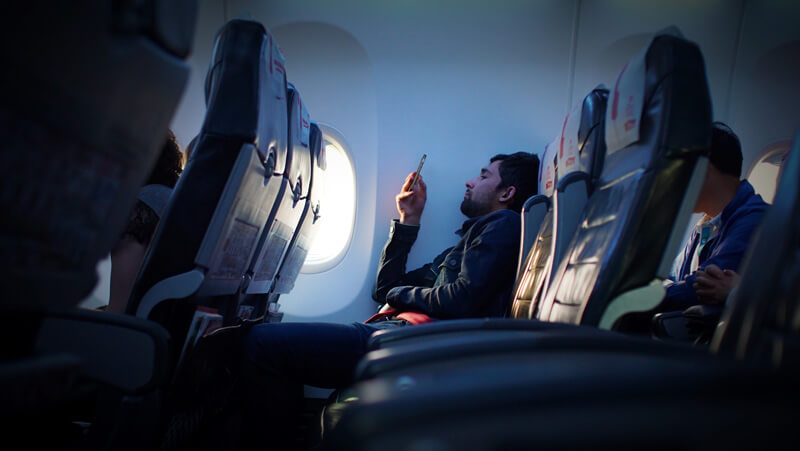In today’s increasingly competitive travel landscape, brands that want to retain control of their bookings need to pay attention to how to rank a travel website. It’s always been important for travel companies to stay on top of the search optimization game. However, the world of SEO for travel websites is in flux at the present time, which offers tremendous opportunities.
Gaining Travelers’ Attention
Currently, there are many ways to easily gain the attention of the target customer. The numerous methods for growing awareness, increasing bookings and building loyalty in the current digital environment through SEO are available to anyone. At least through a Travel SEO agency like Galileo, if a travel brand doesn’t have its own search marketing team.
If you’re not exactly sure what it takes to implement SEO for travel websites or how to rank a travel website– so you can build your brand and increase revenue – let’s first take a look at what the risks are if you don’t learn. Then, we will talk about some initial focuses for an SEO campaign.
OTAs, SEO and Your Bookings
Online Travel Agencies (OTAs) are competing for your customers and they’re successfully using search optimization tactics to increase their bookings. In order to improve your visibility on search engines, as well as across all social channels so you can show up where the customer is looking, there are some simple strategies you can implement.
Keep in mind that Expedia, TripAdvisor and other OTAs are well versed in SEO and that they want to gain a stronghold on market share. While many travel brands depend on OTAs for revenue, they likely want to secure more direct bookings. Proper utilization of SEO as an inbound marketing method helps a travel brand increase direct bookings and boost revenue.

SEO for Travel Websites: What Do You Do First?
Understanding the goal of search engine optimization is the first thing a travel brand should do when approaching SEO for travel. Rather than simply showing up in search, the goal for a travel company should be to approach SEO with an eye on increasing brand visibility. Also, an intent to expand reach and build loyalty. This can be done through many SEO avenues.
A travel brand needs to approach SEO with the intention of learning how to rank a travel website. Ideally, your brand’s results will appear all along the customer journey, from a first thought about a trip to booking and beyond (rebooking).
Google calls this journey a series of micro-moments. These micro-moments are various opportunities for a travel brand to show up and provide value to a customer, for instance during buyers’ initial research into a destination when they view photos of a beach locale, city, etc. Even after booking, during the customer’s vacation or business trip, a travel brand can bring value by offering experiences and activities via a mobile phone or opt-in text program.
Link Building as an SEO Strategy
A complete SEO campaign for a travel brand will include many strategies, including Keyword Research, Intent-Focused Content Creation and Local SEO, among others. Link Building is an exceptionally effective SEO strategy for travel websites because it’s a proven way to build brand authority.
High quality links to your website from reputable sites within the industry appear to be unbiased verification of your brand’s value. Therefore, a top priority in SEO for a travel brand is to work on gaining links from well-trusted travel advice websites.
In addition, as you plan your SEO campaign, think about creating guest content for travel magazine-type sites or guest blog posts on prominent travel blogs. All of these should include backlinks to your website’s booking page whenever possible.
There are many other ways to implement SEO for travel websites and take back some of your bookings from the OTAs. These tactics include:
- Giving focus to your site speed (think about page load time, which is now a ranking signal)
- Paying attention to Time on Page analytics (which can direct you to tweaks that might need to be made to better grab buyers’ attention)
- Getting up to speed on voice search optimization (of growing importance in today’s world of Alexa and smart-technology devices)
To learn how you can better show up in the sea of OTAs and other travel brands competing for travel customers, contact Galileo Tech Media. We can help you learn how to rank a travel website and regain market share.


